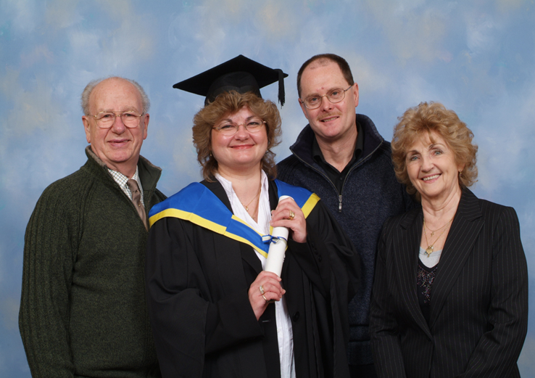We are currently fundraising to support our new range academic grants and clinical funding schemes, which are crucial when enabling translational research between basic science and clinical needs.
Your donation or fundraising efforts, no matter how large or small, will help us in moving our research from the laboratory bench to the hospital bedside, supporting those suffering with liver disease across the UK
- The Emerging Leader Scheme (Non-Clinical) seeks to support outstanding early career scientists to develop their research interests and establish a research programme at King’s College London.
- Our 4 Year PhD Studentship Pathway (Non-Clinical) is an innovative 0+4 PhD programme, designed to cultivate research skills and help promising talent to reach their full potential.
- The Pump Prime Research Scheme provides strategic catalytic funding to accelerate transformative advances in hepatology research through targeted support of exceptional early-stage investigations.
- Our Pre-Doctoral Clinical Research Fellowship Programme offers two posts annually with the first 9 months spent formulating a project and generating preliminary data to apply for research council funding.
- The Clinical Academic Research Partnerships (CARP) is a funding scheme designed to provide research-qualified health professionals the opportunity to form a collaborative high-quality research partnership with established biomedical and applied health researchers.
 Sally was first diagnosed with autoimmune hepatitis when she was just 22 years old.
Sally was first diagnosed with autoimmune hepatitis when she was just 22 years old.
“Until age 22, I had been very fit and healthy and lived a completely normal and active life. I attended an outdoor management development course and at the end and when I got home,
I became very ill. Over the next three months my health quickly deteriorated, and I was
admitted to hospital where I went into a coma. Eventually I was rushed to London where my devastated parents were told I had approximately twelve hours to live.
The doctors never gave up hope and my details were entered on the urgent transplant register. Miraculously, and against all odds, a donor organ became available, and I underwent an emergency liver transplant.
Unaware of just how ill I had been, my doctors and family carefully explained that I had
received a new liver. Initially, I was shocked about what had happened to me and what the future would be like. Very quickly I accepted the circumstances of my transplant and within twelve weeks I was home.
I made a full recovery and although I still have to take anti-rejection drugs and will do so for the rest of my life, without my transplant I certainly would have died all those years ago. Thanks to my transplant not only have I had a brilliant career but, much more importantly, I have been here to be a part of my family’s life. I met and married my husband John, and I have seen my two beautiful nieces born and grow up. Twenty-five years have flown by, but I’ve loved every minute. I am determined to live a normal, happy and healthy life for as long as possible.
I am so grateful to my doctors, to the surgeons who carried out the transplant and to the family of the donor who gave me this second chance. But I know that behind all this medical skill and care were years of research that turned a theory into a treatment for someone like me. I will be forever grateful to all those people who made my liver transplant both a possibility and a success.”